NEWS
20 Beloved Baby Boomer Items Millennials Won’t Touch
Published
9 months agoon

Shutterstock
Remember those cherished items that Baby Boomers held dear, defining their youth and shaping their lifestyles? Well, Millennials are having none of it. From outdated gadgets to questionable fashion choices, the younger generation has left these relics in the dust. Get ready for a trip down memory lane as we unveil 20 Baby Boomer treasures that Millennials wouldn’t touch with a ten-foot pole.
Generational Preferences for Wall Decor

Shutterstock
Baby boomers often appreciate wallpaper for its ability to add character and warmth to a room. On the other hand, millennials usually prefer paint or minimalistic decor, considering wallpaper a commitment and a hassle to change. Their inclination towards clean lines and simplicity, combined with a desire for personalization and easy updates, leads millennials to avoid wallpaper. Furthermore, the DIY trend among millennials favors creative, less permanent solutions for wall decor.
The Legacy and Limitations of Rotary Phones
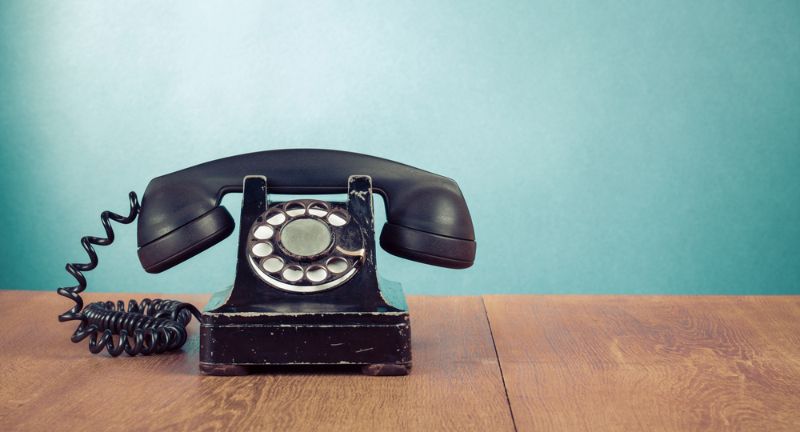
Shutterstock
The charm and novelty of rotary phones are appreciated by some baby boomers who grew up with them as a staple of communication. Millennials, however, see them as inefficient and impractical in an age of touchscreens and speed dialing. The inability to quickly dial numbers or navigate menus makes rotary phones incompatible with modern telecommunications needs. The aesthetic appeal of vintage technology does not outweigh the convenience and functionality that millennials demand from their devices.
Incandescent Light Bulbs

Shutterstock
Baby boomers, who are used to the warm glow emitted by incandescent light bulbs, may be hesitant to switch to more energy-efficient lighting options. On the other hand, millennials are more inclined to adopt LED or CFL bulbs. These energy-efficient bulbs not only offer longer lifespans but also provide significant energy savings, resonating with millennials’ environmental concerns. Although the initial cost of these energy-efficient bulbs is higher, it is balanced out by their durability and lower operational costs. This transition highlights millennials’ preference for sustainable living and their readiness to embrace new technologies for the greater good.
Preferences for Air Conditioning Units Across Generations
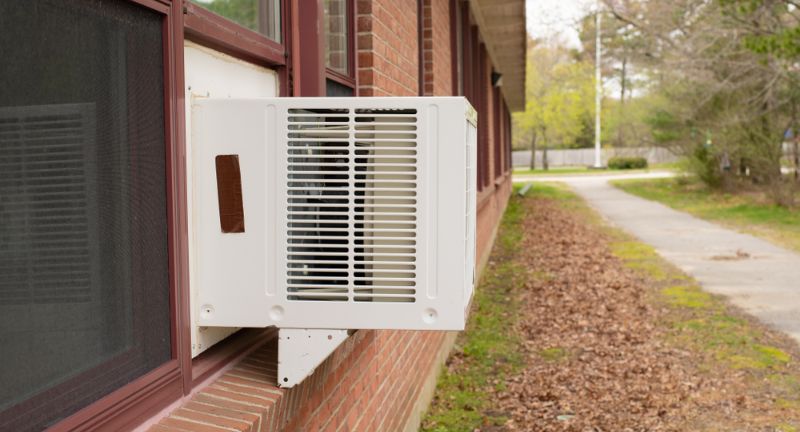
Shutterstock
Baby boomers may opt for window air conditioning units due to their simplicity and to avoid the cost associated with central air conditioning. On the other hand, millennials tend to favor integrated HVAC systems or smart air conditioning units because these options provide better efficiency, control, and reduced environmental impact. The downsides of window units, such as noise, inefficiency, and the space they occupy, are notable. The younger generation highly values the convenience of using smart technology to control their home environment, aligning with their preferences for connectivity and sustainability.
Changing Perspectives on Encyclopedias

Shutterstock
Baby boomers grew up relying on encyclopedias for research and knowledge, appreciating their credibility and in-depth information. In contrast, millennials, who have easy access to a vast amount of information online, seldom find the need for physical books that can quickly become outdated. The convenience of internet searches and the availability of the most up-to-date information make encyclopedias seem cumbersome. Moreover, digital resources provide interactive and multimedia content, which enhances the overall learning experience.
Dining Sets

Shutterstock
Many baby boomers invested in formal dining sets as a symbol of status and for entertaining guests. Millennials often prefer multifunctional and minimalistic furniture, seeing formal dining sets as too space-consuming and inflexible for modern living spaces. The trend towards casual dining and the preference for experiences over material possessions make elaborate dining sets less appealing. Moreover, the cost and care associated with fine china and crystal do not align with millennials’ practical and eco-conscious values.
Landline Phones
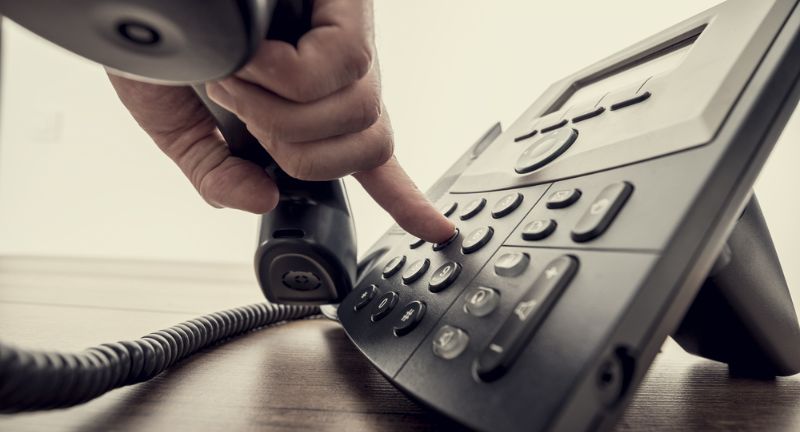
Shutterstock
Baby boomers often value the reliability and security of landline phones, considering them essential for emergencies and clear communication. Millennials, on the other hand, prefer the convenience and multifunctionality of smartphones, which can perform many more tasks beyond calling. The need for a stationary phone seems redundant in the era of mobile internet and apps. Moreover, the additional cost of maintaining a landline is seen as unnecessary by the younger generation, who are more comfortable with digital forms of communication.
Fax Machines
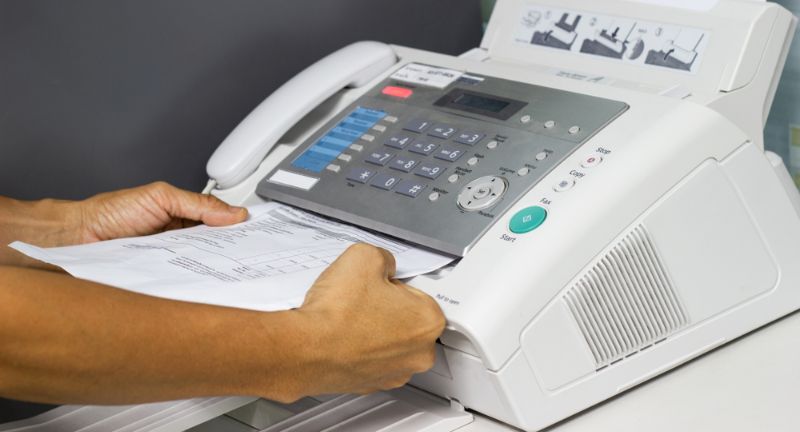
Shutterstock
Once a staple in offices and considered cutting-edge technology, fax machines are still used by some baby boomers for sending documents securely. Millennials, however, are more likely to use email and cloud-based services to share documents, viewing fax technology as outdated and inefficient. The need for physical paper, a dedicated phone line, and the machine itself is seen as unnecessarily complicated. Digital documents are not only more environmentally friendly but also easier to edit, store, and search.
Answering Machines Revisited
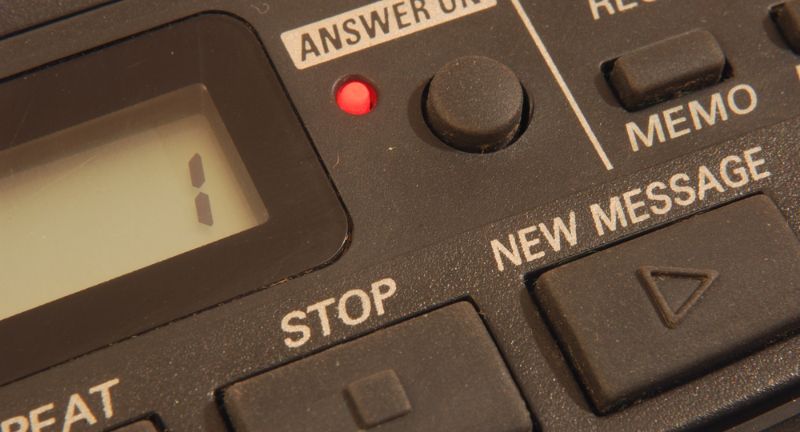
Shutterstock
Baby boomers rely on answering machines to catch missed calls in a tangible way, often feeling more secure with physical evidence of a message. Millennials prefer voicemail services integrated into their smartphones or even text and email notifications, finding them more convenient and accessible. The idea of a separate device for storing voice messages seems redundant in an age where digital storage is ubiquitous. Plus, the immediacy of returning calls or messages via mobile devices negates the need for a standalone answering machine.
Ironing Clothes

Shutterstock
The practice of regularly ironing clothes is something many baby boomers adhere to, valuing the appearance of crisp, wrinkle-free garments. Millennials tend to choose low-maintenance, wrinkle-resistant fabrics that don’t require ironing, prioritizing convenience and time-saving. The casualization of workplace attire and social norms has also diminished the importance of perfectly pressed clothes. Additionally, the younger generation’s focus on sustainability makes them wary of the energy consumption associated with ironing.
Cable Television

Shutterstock
Baby boomers often view cable TV as a key source of entertainment and news, appreciating the extensive selection of channels and live broadcasts. Millennials, on the other hand, are increasingly opting for streaming services. These services provide on-demand content, feature fewer advertisements, and are generally more cost-effective. The ability to watch content anywhere on any device is particularly attractive to the younger generation. Additionally, millennials favor the option to customize their subscriptions and avoid long-term contracts, aligning with their preference for personalization and freedom.
CDs and DVDs

Shutterstock
For baby boomers, collecting CDs and DVDs has been a cherished way to own and enjoy music and movies. Conversely, millennials prefer streaming their entertainment, viewing physical discs as clutter and redundant given the availability of content online. The convenience of accessing an entire library of music and films from a single device is unmatched. Additionally, the shift towards digital media resonates with millennials’ values of minimalism and sustainability.
The Evolution of Payment Methods Across Generations

Shutterstock
Writing checks is a financial habit deeply ingrained in baby boomers, used for everything from paying bills to giving gifts. Millennials, however, lean heavily on digital banking and online payment platforms, finding them faster, more secure, and convenient. The concept of writing, mailing, and waiting for a check to be cashed feels archaic to a generation that values instant transactions. Additionally, the younger demographic is less likely to even own a checkbook, preferring electronic records for easier management and tracking of expenses.
The Changing Relevance of VCRs and VHS Tapes
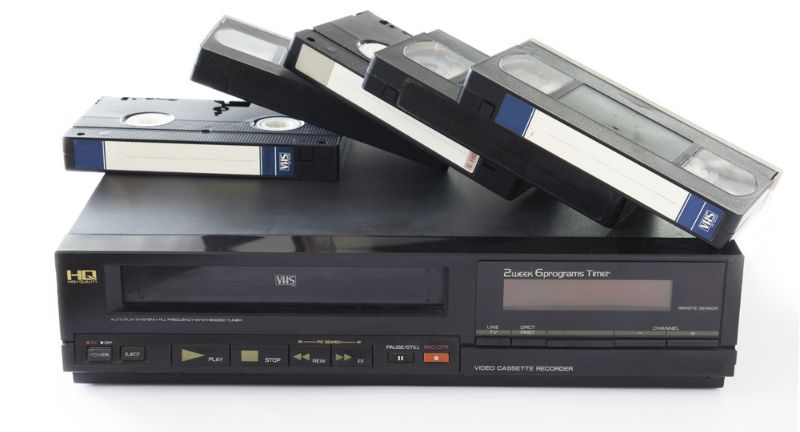
Shutterstock
Baby boomers often have VHS tape collections and still use VCRs, driven by nostalgia or to access archived content. In contrast, millennials, who experienced the digital media transition, view VHS tapes and VCRs as outdated, opting for digital downloads and streaming services instead. The bulkiness and limited quality of VHS tapes, along with the inconvenience of rewinding and fast-forwarding, contribute to their unpopularity. The rise of high-definition digital content has rendered the VHS format obsolete for the younger generation.
The Shift from Physical Newspapers to Digital Media

Shutterstock
For many baby boomers, the morning ritual of reading a physical newspaper with their coffee is cherished, offering a tactile experience and a thorough overview of the news. In contrast, millennials typically prefer digital news sources, appreciating the immediacy and easy access to online information. Additionally, eco-conscious millennials are concerned about the environmental impact associated with paper production and waste. Digital media also provides dynamic and interactive content, including videos and hyperlinks, which enhance the overall news consumption experience.
Film Cameras
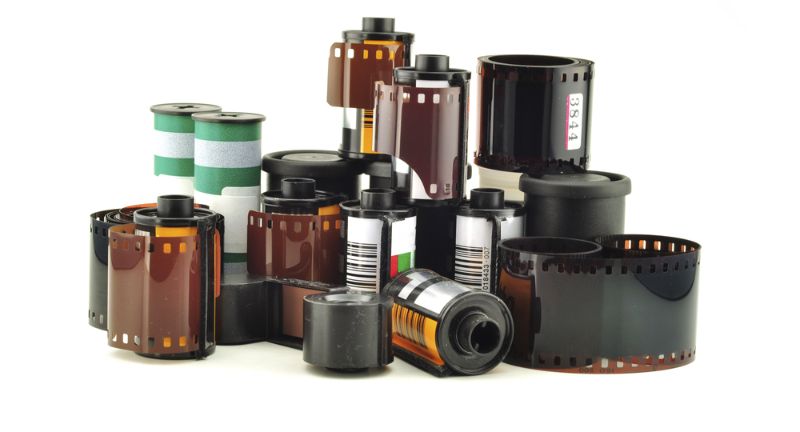
Shutterstock
Baby boomers cherish the artistic and tangible qualities of film photography, finding joy in the process and the anticipation of viewing developed photos. On the other hand, millennials prefer digital cameras and smartphones for their photography needs, appreciating the immediacy of seeing, sharing, and editing images. The expenses and time required for film development, coupled with the environmental concerns associated with the chemicals used, deter the younger generation. Digital photography’s versatility and the extensive range of editing tools available cater to millennials’ creative and practical preferences.
The Yellow Pages: A Generational Shift

Shutterstock
The Yellow Pages, once an indispensable tool for finding business information, are still cherished by some baby boomers who prefer having a physical directory. In contrast, millennials, who are used to instant access to information, rely on online search engines and apps to locate businesses and services, finding them more efficient and up-to-date. Additionally, the environmental impact of printing and distributing massive directories is a concern for eco-conscious millennials. The ability to read reviews and get recommendations online also adds a level of value that the Yellow Pages cannot match.
Manual Cars
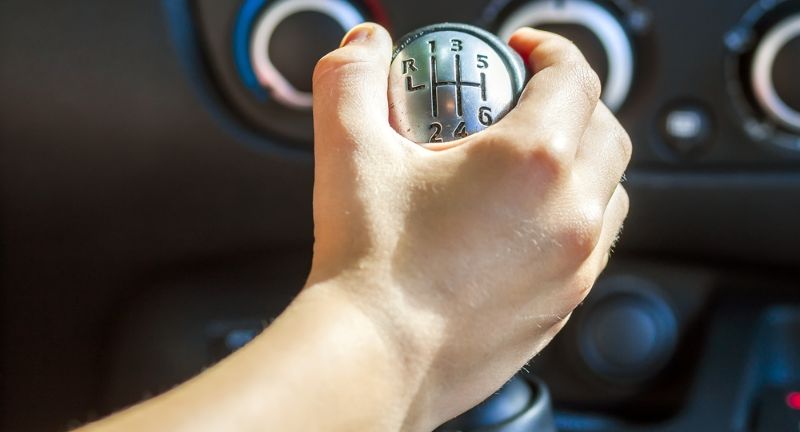
Shutterstock
Baby boomers often prefer the control and engagement of driving a manual car, viewing it as a more authentic driving experience. Millennials lean towards automatic cars for their convenience, ease of use, and because many haven’t learned to drive manual. In urban environments and in the face of increasing traffic, the simplicity of automatic transmission is a clear advantage. Furthermore, as electric and hybrid vehicles become more popular, the relevance of manual transmission fades, aligning with millennials’ environmental concerns.
The Changing Role of Pre-Paid Phone Cards

Shutterstock
Once a staple for baby boomers making long-distance calls or traveling, pre-paid phone cards were popular as a means of controlling spending on phone services. However, millennials, who typically have comprehensive mobile phone plans offering unlimited calls and access to VoIP services like Skype and WhatsApp, find these cards largely redundant. The necessity of carrying an additional physical item and the limitations on its usage do not align with the always-connected lifestyle of the younger generation. Furthermore, the global reach of digital communication platforms renders pre-paid phone cards unnecessarily restrictive.
Paper Maps vs. Digital Maps

Shutterstock
Navigating with paper maps is a skill that many baby boomers pride themselves on, valuing the overview and reliability of a physical map. On the other hand, millennials, accustomed to the convenience of GPS and real-time navigation apps on their smartphones, rarely see the need for paper maps. The dynamic updates and directions provided by digital maps, along with the ability to zoom in for detail or search for locations, make them far superior. Moreover, the environmental aspect of reducing paper use aligns with millennials’ values towards sustainability and minimalism.
Conclusion

Shutterstock
As we examine the differing consumer habits of baby boomers and millennials, it becomes clear that these distinctions go beyond mere preferences—they signify a broader societal shift towards digital integration, environmental awareness, and a redefinition of convenience. This generational change emphasizes the need for businesses to be adaptable and points to the potential for innovation in addressing the evolving needs of a varied consumer base. Ultimately, understanding these differences not only bridges generational gaps but also highlights the dynamic nature of consumer behavior in a rapidly changing world.
More From Financially+
-


25 of the Most Costly Home Improvement Mistakes
-


13 Reasons Why Living on the U.S. Median Income Feels…
-


18 Things The Rich Turned From Bargains To Luxury
-


19 Startling Reasons Why Moving to Texas Is Probably a…
-


Planning Your Retirement? Don’t Skip These 23 Key Questions
-


20 Common Hacks That Waste Your Time and Money
-


21 Key Reasons To Have An Emergency Fund
-


23 Fun Facts You Never Knew About The Penny
-
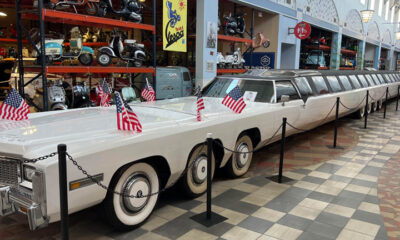

Unbelievable Feats: 20+ Guinness World Records You Never Knew Existed
